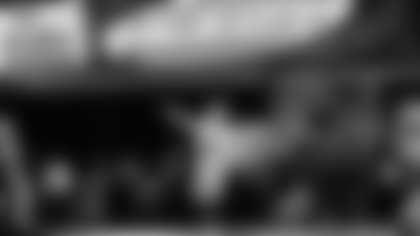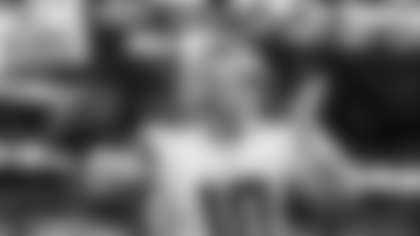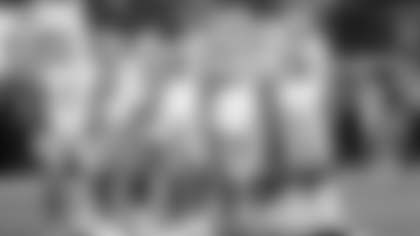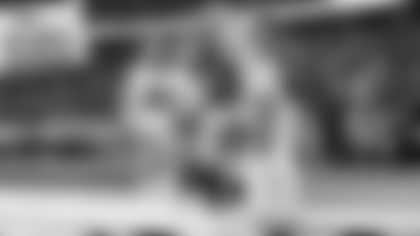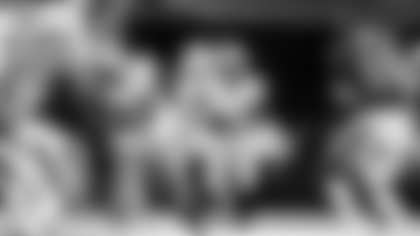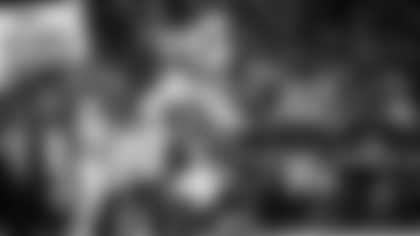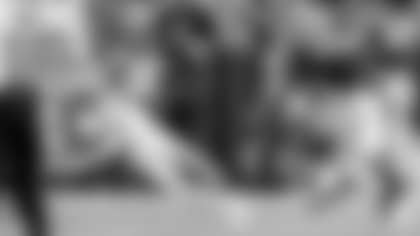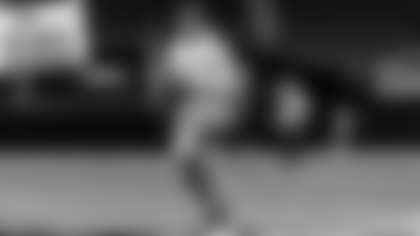I've always liked John Fassel, but can you explain the reasoning for these fake punt attempts? I realize this is a desperate team, but the time and place didn't seem to make a lot of sense. And are they somehow telegraphing them? Both the Falcons and Texans seemed to know they were coming. – Chris Morris/Seattle, WA
Patrik: If you're looking for the reasoning, then that part of this answer is simple. It's to try and give a dying offense some life and another shot at moving the ball down the field and, as a byproduct, a chance for the exhausted defense to finally get an actual breather. As far as the timing of the calls — e.g., score, field position, defensive look at the time — that's where I find myself trapped in the Upside Down trying to figure out that "why". Even Mike McCarthy said he regrets the failed attempt against the Texans and that it should've been checked out of, but it wasn't, and so here we are talking about a second failed one in a short period of time. Again, the first why is clear and obvious. The second why, however, is far from it.
Tommy: In the Falcons game, the fake punt came on a matchup that Fassel felt the Cowboys had an advantage with, and Atlanta just made a great play to break it up. I scratched my head a bit at the decision against Houston, just because it was so early in the game, and you gave the ball back in plus territory to an offense that just marched down 77 yards down the field in six plays for a touchdown to start the game. Sure, the Cowboys defense got a clutch interception on C.J. Stroud a few plays later, but then Cooper Rush ended up throwing an interception and it led to a Houston touchdown. I think in that situation you need to play the field position game that early and let your defense try to get you a stop. I understood the rationale for the Atlanta fake punt, I didn't really get it for the early one against Houston.





